North Sea energy experts have backed grim warnings about tens of thousands of job losses in the UK oil and gas industry amid its transition to renewables.
In a new podcast from Aberdeen and Grampian Chamber of Commerce (AGCC), Paul de Leeuw, director of the Energy Transition Institute at Robert Gordon University (RGU) said getting the transition right would put north-east jobs in the “Goldilocks zone”.
This is where the number of jobs shed from a declining oil and gas industry is more than matched by new opportunities being created by a growing green energy sector.
Chamber’s latest Energy Transition report a ‘hugely sobering message’
Professor de Leeuw was speaking just days after AGCC published its 39th Energy Transition report.
The document says the next UK Government will have just 100 days to save 100,000 North Sea energy jobs.
The chamber has delivered a “hugely sobering message”, Prof de Leeuw said.
The next government, whoever comes in… needs to actually grab this issue and deal with it. Paul de Leeuw, RGU
He added: “If we don’t get this right, we’re going to… see jobs disappear and the alternative not being ready.
“The next government, whoever comes in… needs to actually grab this issue and deal with it.
“If we lose this capacity, this capability – the supply chain, the workforce, the ecosystem – to Scotland or to the UK, we can’t accelerate our own energy transition.
“We’ll end up importing more activity, which is really the wrong outcome.”
Prof de Leeuw continued: “What we need is a real policy, integrated plan to make it work.
“Whoever come in, I think the urgency is for them to develop a plan and see how to make it work – because then we can see the decline in one industry being offset by activities in another.
Is north-east bound for ‘Goldilocks zone’?
“If we get it right, we get a Goldilocks zone, with one declining and other one going (up), we can see the workforce transferring.
“We see the supply chain having a continuous future and actually make this a fantastic place.”
But if job creation fails to keep pace with oil and gas industry decline, then it is “shame on us” Prof de Leeuw said.
He added: “We’ll see supply disappearing, supporting overseas activities.
“We’ll end up importing more… energy but also the kind of skills and capabilities to accelerate the energy transition itself.
“If the investment is there, the jobs will be will be created and will be there for for people to move into.”
North Sea jobs and skills in danger
Also taking part in the podcast was Chris Wheaton, an oil and gas analyst with investment bank Stifel, which has previously warned any increases to UK windfall tax and removal of incentive allowances will mean the loss of North Sea jobs and skills.
Stifel said employee numbers could plummet from 200,000 to 100,000 between now and 2029.
In the chamber’s podcast, Mr Wheaton said the energy profits levy (EPL), or windfall tax, had left the North Sea energy sector on a “cliff edge” as firms’ confidence in its future plummets.
Stifel’s analyst added: “What we’re really seeing here is a tax on certainty, a tax on confidence – companies deciding there’s too much uncertainty here. There’s the risk that capital is either not going to be spent at all, or it’s going to be taken elsewhere.”
He cited Harbour Energy , the UK’s largest North oil and gas producer, as an example of this.
Harbour recently struck a near-£9 billion deal to buy Wintershall Dea, substantially growing its presence in Norway.
Mr Wheaton said: “Harbour is currently 95% based in the UK. After it’s done this big acquisition it’s going to be about 30% in the UK. Its largest business is going to be in Norway.”
That’s an example of (more than) $10 billion that’s being spent outside the UK to acquire business elsewhere.
“It’s the kind of trend of capital flow we’re going to if these taxes are imposed and… we see the sort of marginal tax rates on the industry rising to levels contained in the policy proposals”.
Whe the windfall tax?
The EPL was introduced in May 2022 in response to soaring household energy bills and skyrocketing industry profits.
It charges oil and gas firms an extra 35% tax on the money they make in the UK.
In his Spring Budget, Chancellor Jeremy Hunt confirmed the controversial tax was to be extended by a year until 2029.
The move was widely anticipated – but also feared among the many of the tens of thousands of people and businesses who make their living from the North Sea industry.
What does Labour plan to do?
Labour has warned it will extend the duration of the levy by another year if it wins the forthcoming general-election.
AGCC’s 39th Energy Transition survey findings show there has been a sharp decline in work across production, exploration and renewables as investors await the outcome of the general-election.
Industry confidence in UK activities has plunged to a record low, the chamber says.
AGCC has also called for a new independent body to be set up, free from political influence, to oversee the energy transition.
It says this should be responsible for developing recommendations which command cross-party consensus and help insulate the industry from policy shocks in the future.
In the chamber’s podcast, AGCC policy director Ryan Crighton said: “It’s probably a good thing that the election’s coming sooner rather than later.
“We could perhaps put an end to this inertia.
“A number of companies we’ve spoken to have made it very clear they will move their business elsewhere.
“I’s not an environment they want to operate in, so it’s a very real threat to jobs.”
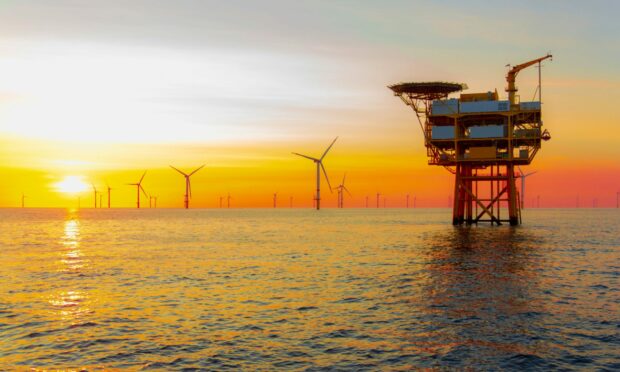
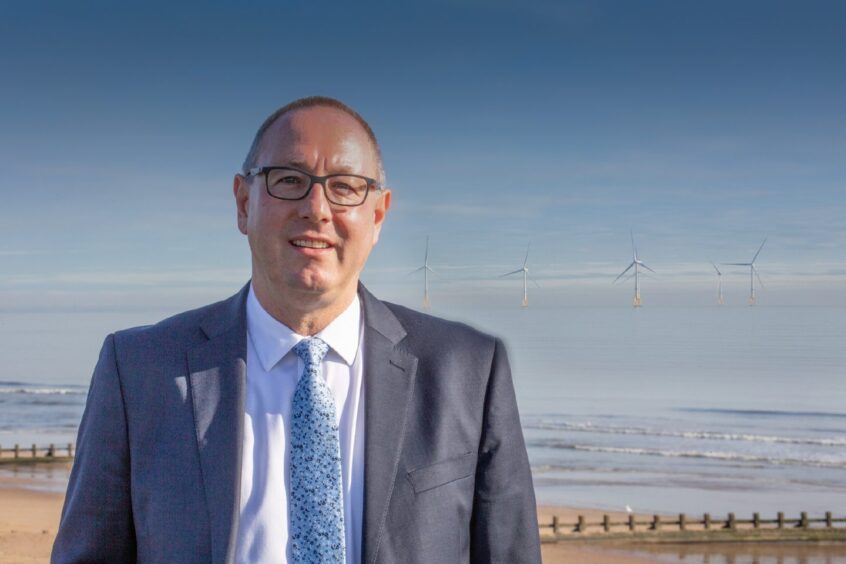
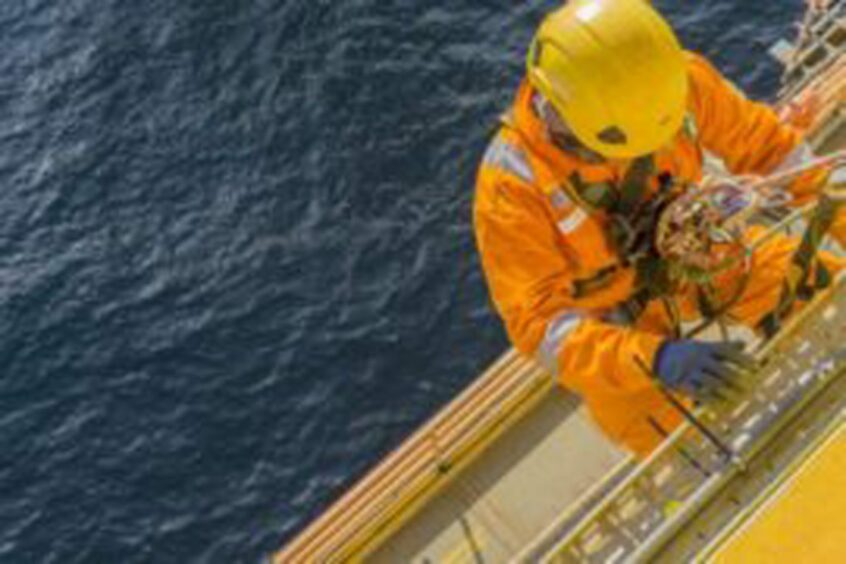
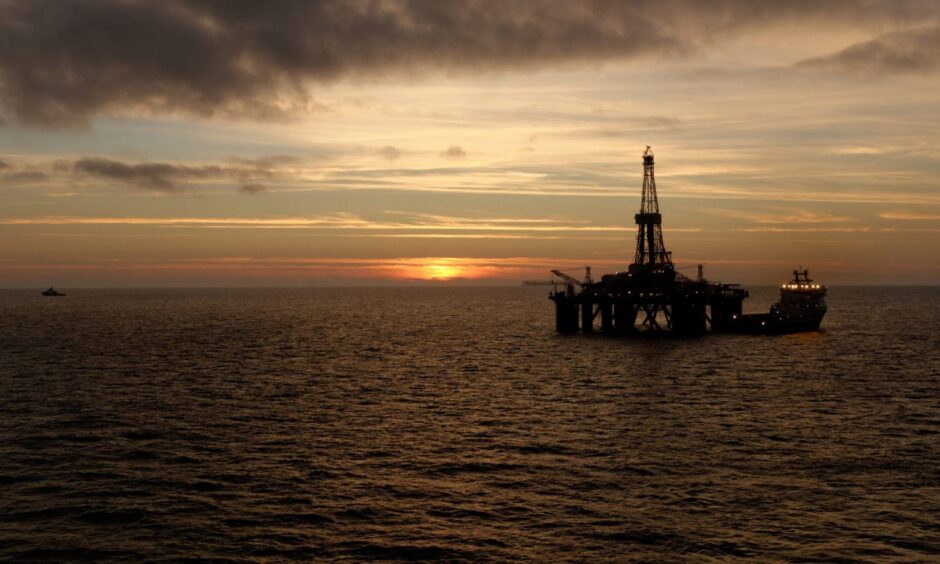

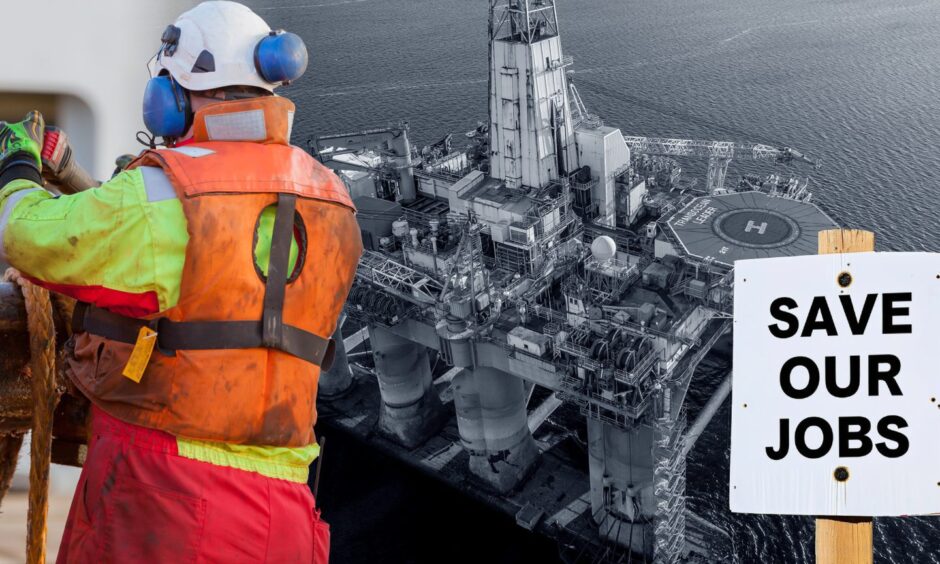

Conversation